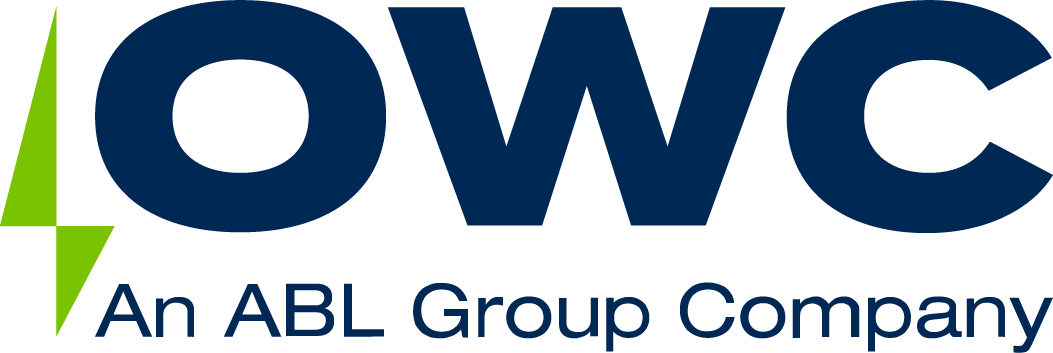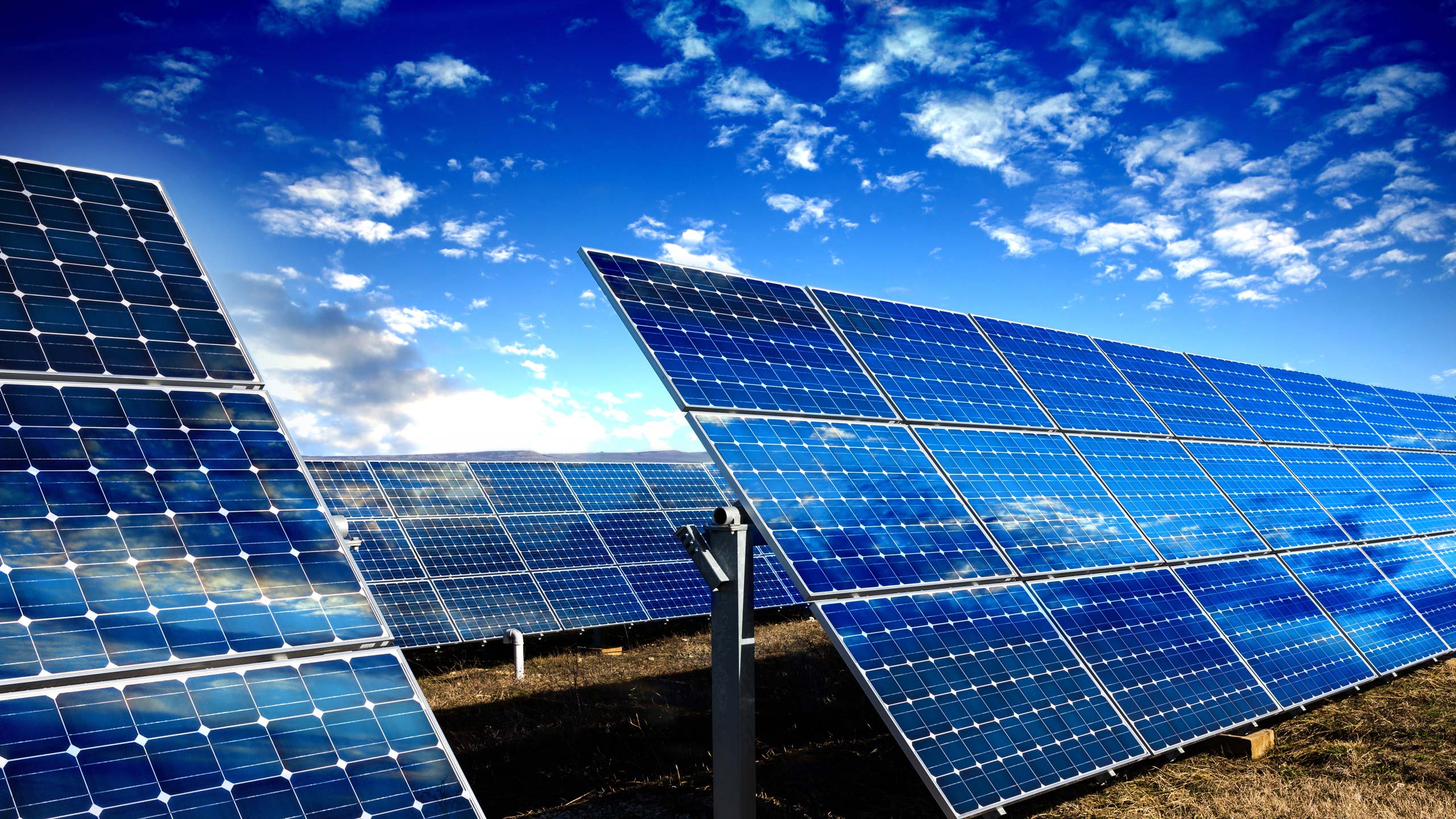Solar-Powered Cold Ironing for Port of Mombasa
Project title: Solar Powered Cold Ironing for Port of Mombasa
Project location: Kenya
Client: Confidential
Project Summary:
As part of the Green Ports Policy by the Kenyan Ports Authority, a study was commissioned to assess the feasibility of two possible brownfield sites near the Port of Mombasa for the installation of a solar PV plant to generate renewable energy-powered shore power – cold ironing.
Under the Green Ports Policy, ships calling at the port will be required to switch off diesel-operated engines and power their auxiliary engines from shore power. Cold Ironing can achieve an abatement of local emissions by 48-70% for CO2, <60% Sox, and 50-60% NOx.
Our scope of work
As part of the study, we conducted a feasibility study to assess the suitability of installing a 5-10 MWp solar plant on two possible brownfield sites, energy from which can be harnessed to install a green energy shore power system. The scope of work included provision of a cost indication of a correctly sized solar plant and evaluation of the typical vessel consumption demand and wider energy demand of the port and berth.
Start date: 2022
- Management of Consenting scope
- Site Characterisation
- Preliminary Ground Modeling
- Site Boundary Refinement
- Contract Offshore Geophysical Survey (Contract)
- Ground Data Management
- Metocean – Floating Lidar And Onshore Metrological Mast management
- Grid Connection Support
- OTNR Engagement and Grid Management
- Port and Transport & Installation Strategy
- Pre-Lease Engineering
- Innovative technology review
- WTG developments
- Market Engagement for fixed offshore substations
- Market Engagement for Electrical Equipment: Electrical balance of plant RFIs
- HDD feasibility study
- Export Cable Landing
- Onshore design synergies
Challenges
The provision of shore power can be complex if local infrastructure and supply is not sufficiently capable of meeting the demand of power from the port and its visitors.
- Determining adequate Energy yield of PV plants – the output should be consistent but also enough to supply the port’s demand for power
- Grid infrastructure and local transmission networks are poor – critical to assess if they will be able to meet the increased load for the port
- Must be cost-competitive against the price of traditional fuels
- Local regulation and incentivisation
- Supply chain availability to support all of the above at a cost-competitive price point
The solutions
- Detailed feasibility study into both sites
- Energy yield assessments
- Cables and grid advisory and consulting
- Conceptual design for PV sites, designed to maximise the PV output
- Cost engineering including CAPEX and OPEX benchmarking
- Exploration into alternative renewable sources
Value added
The study found that a significant reduction in the local burning of heavy fuel oils can be secured by using cold ironing, improving local air quality.
OWC offers broad-ranging technical and engineering capabilities across various disciplines.
Client access to specialists from across the broader ABL group and extensive international solar project expertise.
As cold ironing is being increasingly considered in different countries, this project reflects the scale of the opportunity for other ports around the world to explore the installation of shore power generated from their local green energy resource, as well as the additional potential when combined with energy storage solutions such as lithium batteries or hydrogen.

